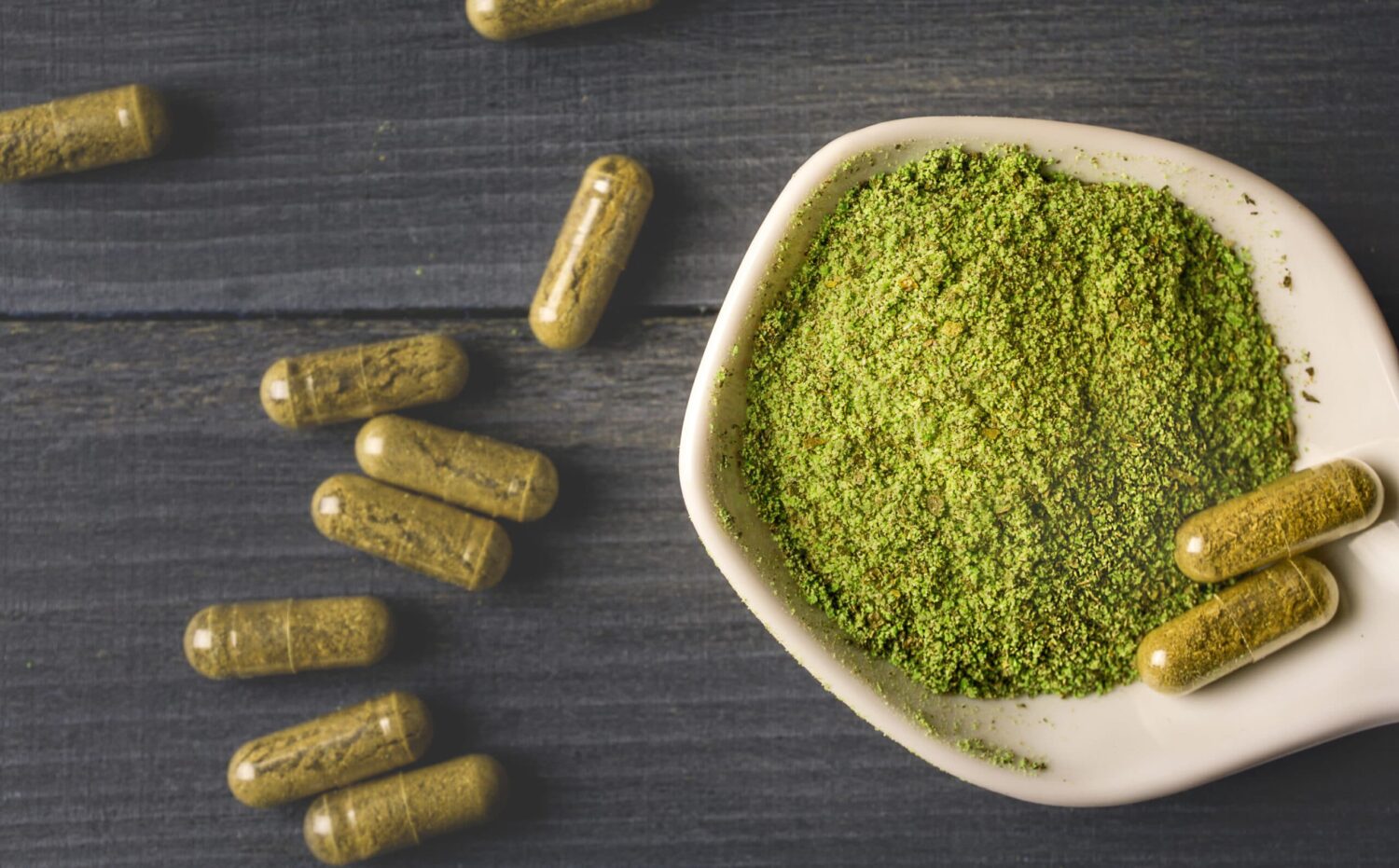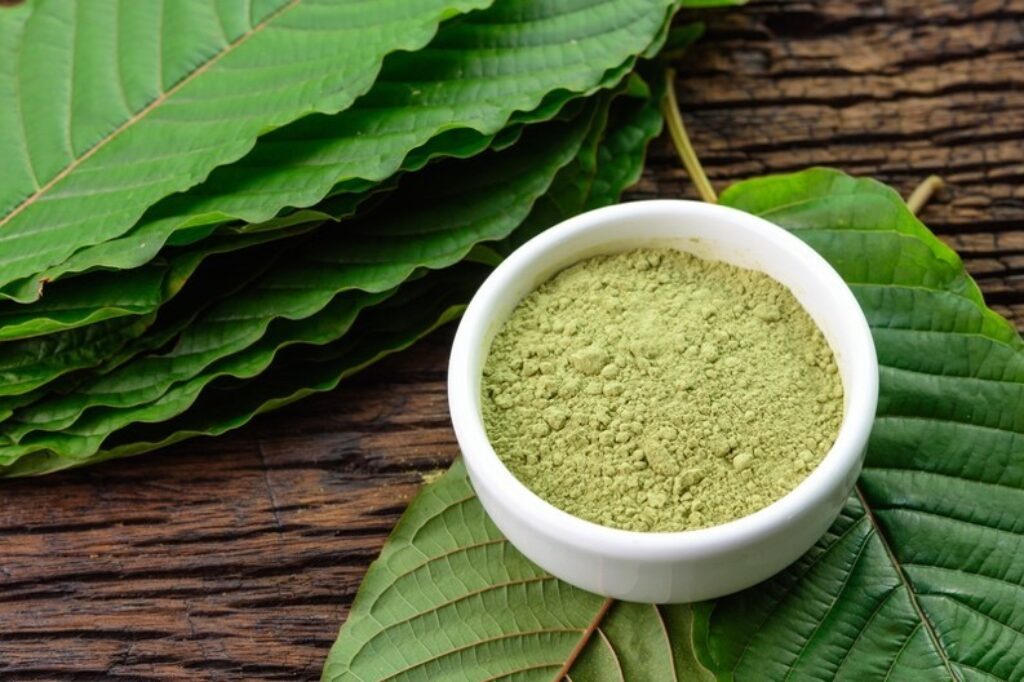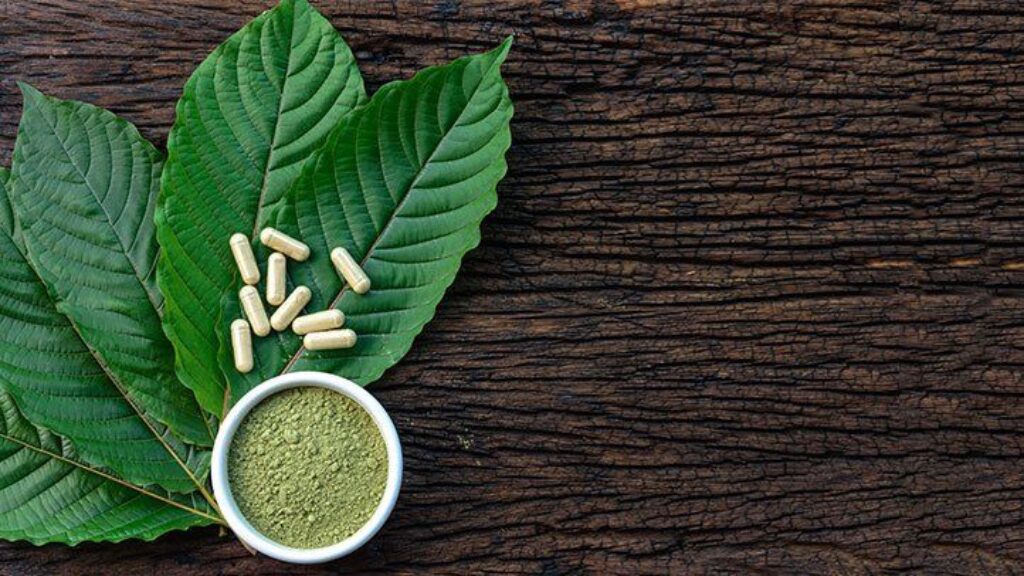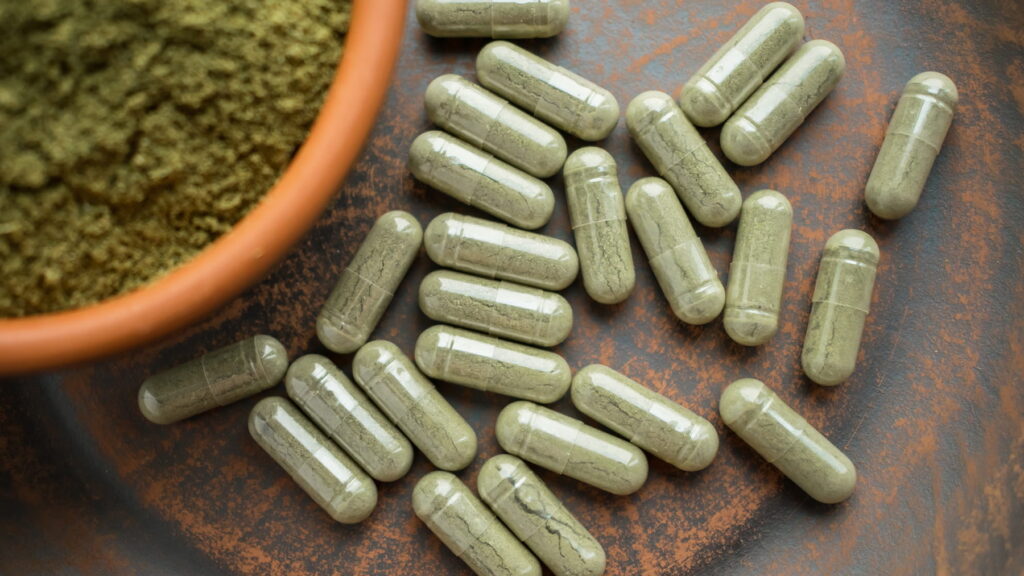
There are many options for those looking to begin their addiction recovery journey, including Kratom. Kratom is a natural herb used in traditional medicine for centuries. In recent years it has gained recognition as an alternative treatment for pain management and helping people with substance use disorder on their path to sobriety.
In this article, we will examine the science behind how Kratom can be beneficial in addiction recovery, explain its safety profile, and discuss tips for safely using Kratom during the early stages of recovery. With thorough knowledge of this herbal supplement’s potential role in your health and wellness journey toward sober living, you’ll undoubtedly be more confident after reading this article.
Table of Contents
What is Kratom and How Does It Help with Addiction Recovery

Source: recoveryanswers.org
Kratom, an herb native to Southeast Asia, has recently gained popularity as a potential tool for addiction recovery. It contains alkaloids that interact with the same receptors in the brain as opioids, providing pain relief and promoting relaxation. However, unlike opioids, Kratom does not produce the same level of respiratory depression, which can be fatal in the case of overdose.
When used responsibly and under the guidance of healthcare professionals, Kratom may help alleviate the symptoms of opioid withdrawal and lessen the cravings associated with addiction. Despite its potential benefits, it is essential to note that Kratom is not a cure-all for addiction and should not be considered a substitute for evidence-based addiction treatment.
As with any substance, it is crucial to approach Kratom cautiously, fully understand its potential risks and benefits, and seek guidance from a healthcare professional before use. Indonesian Kratom is particularly popular as it has a high alkaloid content and is known for its excellent pain-relieving properties.
The Pros & Cons of Using Kratom for Addiction Recovery

Source: everydayhealth.com
There are both pros and cons to using Kratom in addiction recovery. On the one hand, it can provide a natural source of pain relief and relaxation without the same side effects as opioids. It makes it an attractive option for those looking to avoid the risks associated with opioid use.
On the other hand, Kratom is not regulated by the FDA, meaning its safety profile is not well known or understood. Furthermore, it has been linked to severe health risks such as liver damage and addiction when abused. As a result, it is essential to be aware of these potential risks before deciding whether or not Kratom is suitable for your journey toward sobriety.
How to Properly Store and Use Kratom for Addiction Recovery
It is also essential to understand how to safely store and use Kratom. It should be stored in an airtight container away from direct sunlight and moisture to ensure maximum potency. Additionally, individuals should not exceed the recommended dosage, which could lead to adverse effects.
When using Kratom during addiction recovery, it is essential to start slow and increase the dose gradually until you find a comfortable amount that helps manage your withdrawal symptoms. Those new to Kratom are advised to begin with a low dose (1-2 grams) and work up. It’s also essential to speak with your doctor about the best way for you to use Kratom to get the most benefit from its use.
Common Side Effects of Using Kratom

Supplement kratom green capsules and powder on brown plate. Herbal product alt-medicine kratom is opioid. Home alternative pain remedy, opioid addiction, dangerous painkiller, overdose. Close up. Selective focus
Awareness of the possible side effects of using Kratom is essential. Common side effects include nausea, dizziness, constipation, and dry mouth. In some cases, it can also cause loss of appetite and insomnia. If symptoms become severe or persist over time, you should seek medical attention immediately.
In addition to physical symptoms, kratom use can lead to psychological problems such as anxiety or depression. For this reason, individuals struggling with addiction should consult their doctor before beginning kratom therapy.
Alternatives to Kratom for Addiction Recovery
Kratom is not the only option when it comes to addiction recovery. Various alternative therapies, such as cognitive-behavioral therapy (CBT), have been proven effective in treating addiction and can help individuals develop healthy coping mechanisms for dealing with cravings and triggers. Additionally, programs like 12-step meetings may provide a supportive environment that encourages sobriety and abstinence.
Individuals looking for an alternative to Kratom should speak with their doctor about finding the best treatment plan. It’s important to remember that each person’s experience with addiction is unique, so there is no one-size-fits-all approach to recovery.
Helpful Tips for Making the Most Out of Your Addiction Journey with the Help of Kratom

Source: childmind.org
If you choose to use Kratom in your recovery journey, there are a few things that you can do to ensure the most successful outcomes. First and foremost, be sure to purchase high-quality products from reputable vendors and only buy in small quantities so that you can monitor how it affects your body and any potential side effects. It is also essential to keep track of your dosage for safety purposes and set realistic expectations about what Kratom can do for your recovery.
Finally, speak with your doctor or healthcare provider regularly about your progress and concerns. With communication and mindfulness, using Kratom during addiction recovery can effectively manage withdrawal symptoms while avoiding more harmful substances.
In Conclusion
Kratom has the potential to be a practical part of addiction recovery when used correctly. While there are risks associated with its use, following the guidelines outlined above can help ensure your safety and well-being during this challenging journey. As always, speak to your doctor about the best treatment for you. With the proper care and dedication, you can achieve a successful recovery.







